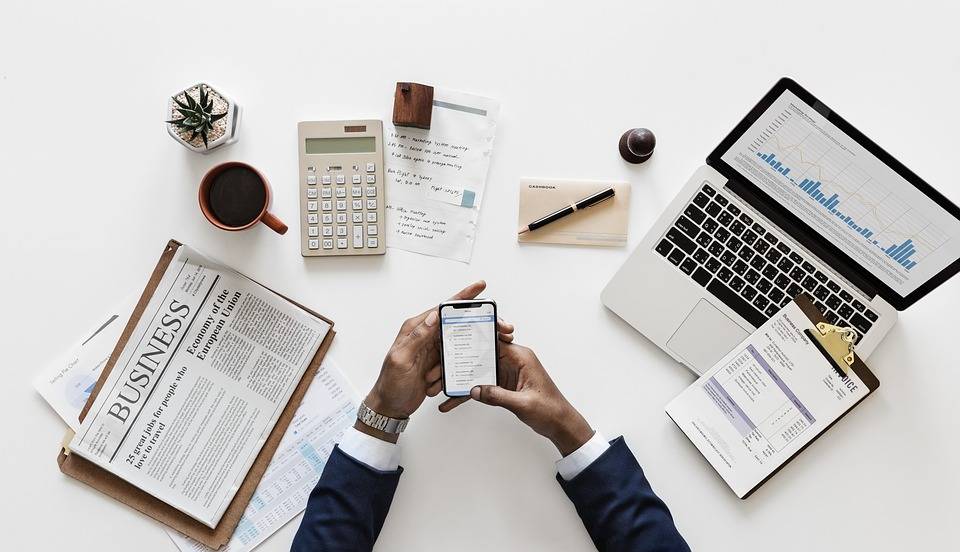Surveys
HNW Entrepreneur Investors Smile On Stocks; Think Sustainability Costs Returns - Study

A global study of wealthy entrepreneurs by the French bank and the consultancy identifies what such persons regard as risky and low in risk. It also found that for most of its survey sample, they think sustainable investing involves a returns trade-off.
High net worth and ultra-HNW entrepreneurs around the world are
keenest on holding equities and investing in their own firms, a
position that makes sense as stocks’ yields are considerably more
alluring than those for bonds, according to BNP
Paribas Wealth Management.
And in a jolt to the constant media and industry chatter about
sustainable investing, the study of 1,132 entrepreneurs finds
that most of them think this way of putting money to work
involves sacrificing returns.
The Paris-based group, working with AON Client
insight (the wealth consultancy formerly known as Scorpio),
late last week issued the sixth annual global entrepreneur
report, charting the views of businessmen and women about the
asset classes they like and those which they are wary of. The
report showed considerable variation around the world in
attitudes about private equity, listed equities, hedge funds,
property, bonds and cash.
The study is drawn from entrepreneurs (not all clients of BNP
Paribas), holding an average of $16.1 million in investable
assets (totalling $18.2 billion). Some 77 per cent of the survey
audience were men and the rest were women. By region, 57 per cent
come from Europe, 13 per cent from the US, 27 per cent from Asia
and 3 per cent from the Gulf Co-operation Council countries of
the Middle East.
More than half of entrepreneurs in the sample do not think that
real estate and cash are risky assets. With Baby Boomer
entrepreneurs, 63 per cent of them do not think that property is
risky.
“Financial conditions for real estate are very friendly at the
moment, but it’s a misunderstanding to say there are no (or
limited) risks because of course there are. People underestimate
the cyclical nature of real estate,” Florent Bronès, chief
investment officer for BNP Paribas WM, said in the report. “Think
about the global financial crisis – it’s a very long cycle, and
sooner or later this risk will come back.”
There are some big national contrasts. Eighty-four per cent of
Belgian entrepreneurs said stocks were risky but only 5 per cent
of Chinese respondents think so. Turning to angel investing,
Belgians (65 per cent) think they are risky, but only 38 per cent
of US investors think that, and none in the GCC or Singapore
think so.
No free lunches in capitalism?
One survey finding suggests that many people still think that
putting money to work in ways deemed “sustainable” means
sacrificing returns, even though many advocates of environment,
social and governance-themed investment insist that this way of
investing does not involve such a surrender. Some 58 per cent of
those questioned said that sustainable investment requires a
“long-term sacrifice of returns”. Some 35 per cent expect some
(single-digit) long-term sacrifice, and 23 per cent assume a
significant, as in double-digit, difference.
Some 70 per cent of entrepreneurs globally are more willing to
invest sustainability than they were 18 months ago, the study
found. Almost half of the sample (46 per cent) have invested some
of their wealth sustainably. However, the AON/BNP Paribas study
found that total allocations have actually dropped since the
study began in 2015.
Asset allocation
The single-biggest asset holding of respondents is equities (19
per cent), alongside one’s own business (19 per cent); fixed
income accounted for 14 per cent, and cash accounted for 13 per
cent. At the bottom end came angel investment, at 3 per cent.
There is a regional difference in how investors think about
valuations of equities. European investors (46 per cent) are
twice as likely as those in Asia (27 per cent) and the US (23 per
cent) to be concerned about the high valuation of stocks, the
report said.
Turning to the risks stemming from currency volatility, the study
showed that only 43 per cent of investors are worried about how
foreign exchange fluctuations will hit portfolios. But this
picture is not uniform: A majority of investors in China, Hong
Kong and Singapore are worried.
“Which currency entrepreneurs hold their cash [in] will determine
the level of risk, as clearly there are different risks
associated with investing wealth in US dollars or Indian rupees.
In Asia, entrepreneurs will often prefer US dollars to reduce
their exposure to currency risk,” BNP Paribas’ Bronès said.
Political uncertainty also adds another dimension, the report
said. As far as the Brexit process is concerned, 52 per cent of
UK entrepreneurs, for example, are concerned about their
investments due to what might happen to the sterling exchange
rate.
Themes
BNP Paribas set out investment themes for clients this year. For
example, it predicts that economic growth “will remain weak and
vulnerable to shocks”, making it necessary to hold “high-quality”
companies with strong profit margins, low gearing and low
profitability variation. Investors should also consider taking
advantage of current row-back from globalisation, such as
concentrating on regional markets, holding more safe-haven
assets. Another theme is governments’ increased infrastructure
spending, creating opportunities in building/construction stocks,
renewable energy and clean transportation stocks, and
infrastructure-related mutual funds or private equity
funds.
Within the environmental/sustainability theme, already mentioned,
BNP Paribas WM suggests that clients should look at areas such as
“clean energy” and water and waste management.